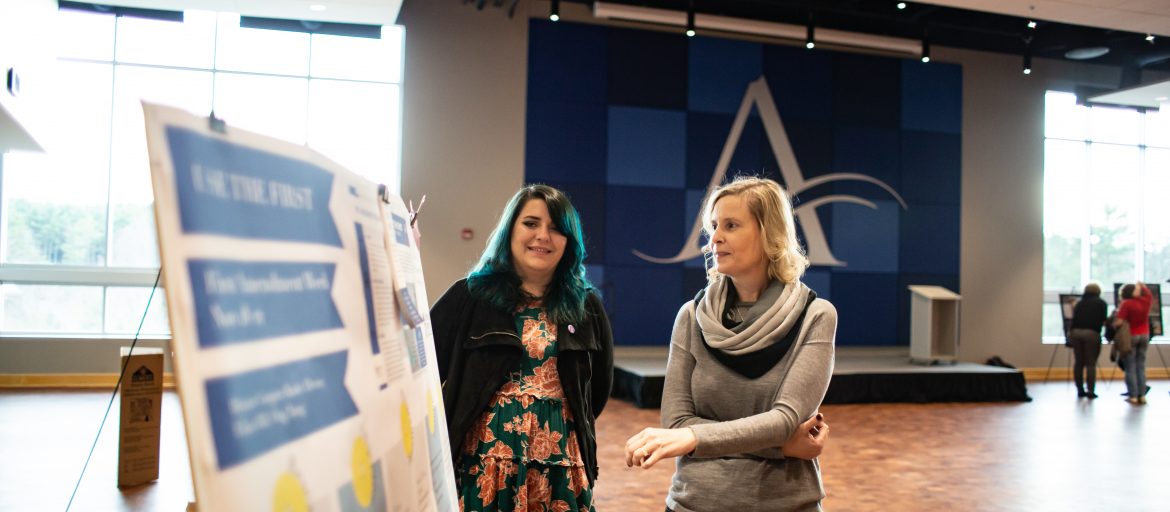Abstract
There are currently two leading hypotheses that attempt to explain the cognitive decline associated with old age. The first is the “processing speed hypothesis,†which attributes cognitive impairment to slower processing speeds. The second is the “inhibitory deficit hypothesis,†which suggests that the inability to suppress irrelevant stimuli leads to poorer performance on tests of cognitive function. These models further suggest different impacts of age on diverse cognitive functions such as executive attention, convergent thinking, and divergent (i.e., creative) thinking. The present study investigates these questions using a paradigm from Gazzeley et al. (2008) in which EEG is used to compare the performance of younger and older adults in a visual working memory task. The task consists of three conditions in which subjects are asked to: (1) remember faces and ignore scenes, (2) remember scenes and ignore faces, and (3) passively view scenes and faces without trying to remember them. Following previous results, EEG responses of older adults were expected to show 1) delayed suppression of irrelevant information due to a decline in processing speed; and 2) reduced suppression to distracting stimuli due to failed attentional control. EEG results were also compared with performance on a series of neuropsychological tests to assess the relationship between creativity and executive functioning.
How to Cite
Ruffle, A. & Savage, M., (2013) “The Effects of Aging on Creativity, Cognition, and Event Related Potentials in a Visual Working Memory Task”, Capstone, The UNC Asheville Journal of Undergraduate Scholarship 26(1).
71
Views
93
Downloads
